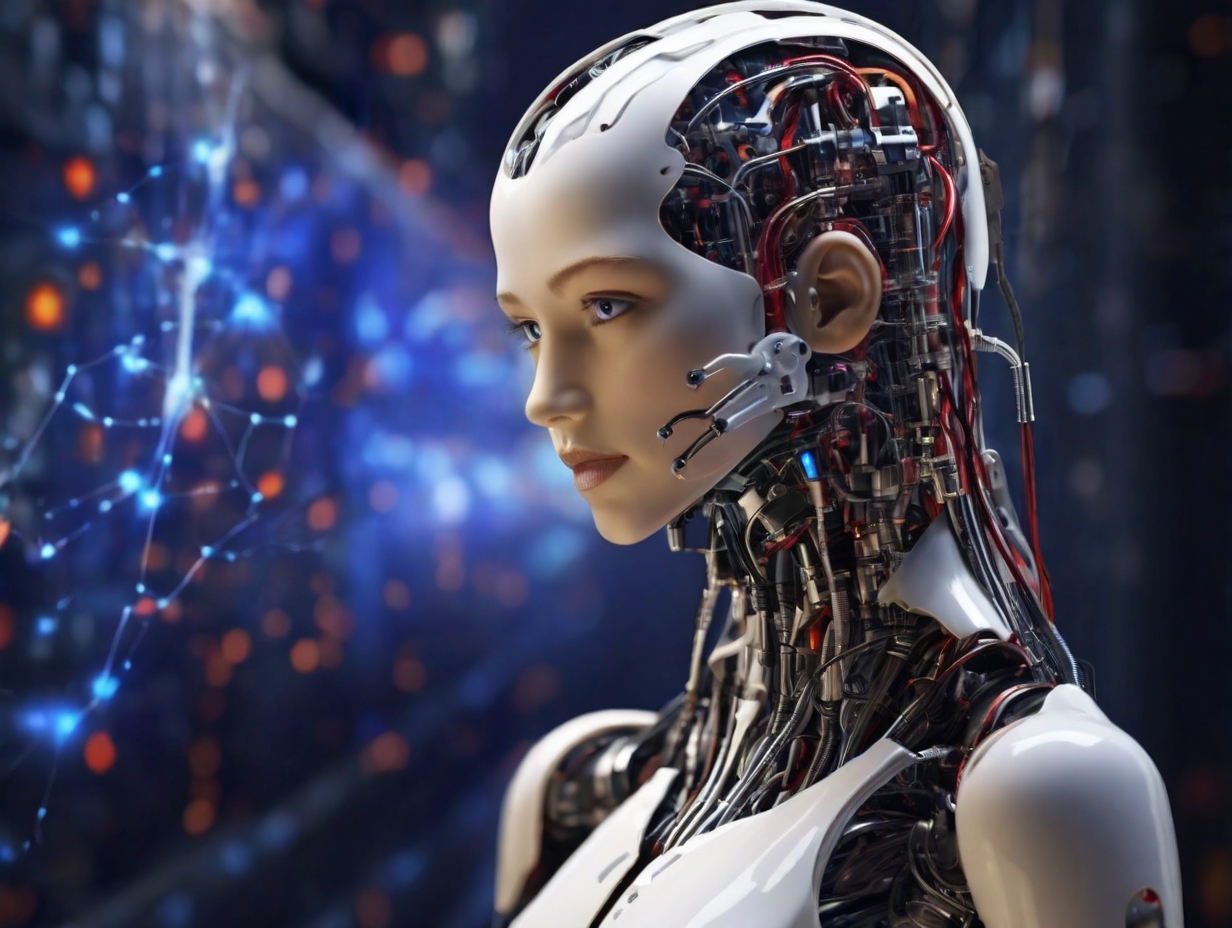AI propelled humanity to cruise through a new era due to rapid technological advancement and groundbreaking discoveries. Moore’s Law becomes ineffective, and thus AI, the next phase of computational development, becomes the standard, enhancing existing functions and promising expanding capabilities.
The dawn of exponential progress
Since 1948, the first cybernetics was introduced, and AI has been something scientists engage in and imagine future possibilities through. Nevertheless, the unprecedented “super geometric” rate of AI development has been realized within the last three decades. This power doubling of a performance happens yearly, as per Gordon Moore’s theory, which means that such a core technological shift was expected.
While Moore’s Law loses around 2025, AI shatters the outdated technological brevity rules. Unlike the sequential modes of operation in classical linear programming, AI and its generative models and self-learning intellectual capacities resemble the investigation rather than the formation of intelligence. The emergence of this paradigm changes the course of history, briefly noted as AI’s transformative capacity peaks and the new era dawns.
As opposed to deterministic regimens, which are pre-programmed to provide a specific result, Generative AI, by allowing the system to create on its own, facilitates the provision of varied results. Through their ability to copy the brain’s neural pathways, neural networks, in turn, have superior computational power to any human-designed rules-based systems. AI, day by day, surprises everyone with branded automatons that mimic human conversation to sophisticated programs generating poetry and art.
In addition to black-box technologies, which confirm the dynamic growth rate, they alter our fundamental perceptions about input and output. Like GPT models used today, agents of the AI revolution open a door for deploying the machine’s intellectual capacities that are similar to the human, thus creating a gloomy forecast of what is to come.
Big data’s role in AI advancement
This time of big data paved the way for AI to pick up, using the databases full of data that human brains couldn’t hold to uncover the insights human minds could not see. Technologies such as Watson from IBM were the driving forces of Artificial Intelligence that have evolved from machine learning machines to self-sufficient machines.
AI can achieve Something beyond imagination using neural networks and machine-learning algorithms because these approaches extend beyond traditional computer programming. Consequently, discoveries can be made using these methods.
The convergence of big data and AI pushes machines into a state of mind with cognitive capability and makes a quantum leap in the industries around them. Through artificial intelligence, time-saving is crucial to establishing innovation, decision-making, and efficiency in sectors like healthcare and finance, a matter of our modern civilization.
Given that AI is now integrated into all aspects of human life, ranging from simple human interactions to high-end technical issues, it is evident that the society we know today is moving towards an era where technology plays a prominent role. Every year, conferences and other special events reveal new applications and possibilities of AI. Thanks to these exhibitions, the world seems to be on a bigger AI stage than ever.
On the one hand, awe-inspiring breakthroughs are taking place; it just seems that the issues of morality, responsibility, and social consequences of these developments remain disputable. When AI becomes its agent more and more, the ethical and moral dimensions must be addressed. Promoting AI responsibility and deploying the technology is imperative to use its beneficial outcomes for the human race.
AI’s escalating numerical rate is an exceptional departure from the yet-tracing human evolutionary course, paving the way for dwelling in the uncharted world of unequaled innovations and progress.
Modern technology no longer limits itself tactfully but constantly explores and generates new possibilities, entering the area where machines can replace people, so borders, which were supposed to separate humans and machines, disappear. With the dawn of the AI era, it is more about taking care and doing due diligence going forward to sculpt such a world of the future.





